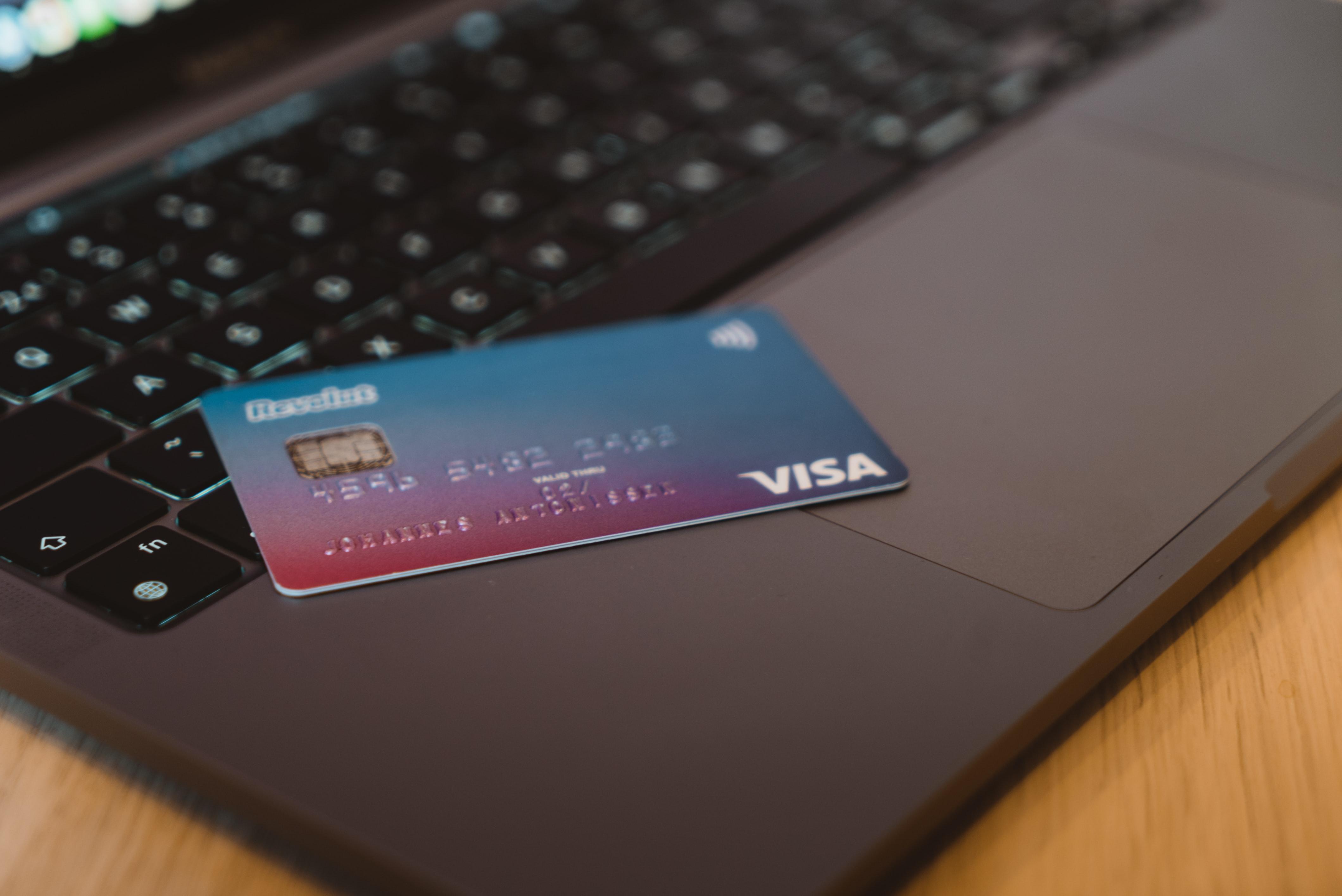Why You Should Pay Your Credit Card Bill in Full Monthly
Paying the minimum on your credit card balance is a no-go. Ideally, you'll want to pay your bill in full each month. Here's why.
June 10 2021, Published 12:59 p.m. ET
We all know the feeling of getting a credit card bill and becoming wide-eyed over the total. How did the numbers add up so quickly? Maybe you forgot about a big purchase or put an extra dinner or two on the tab. Whatever the scenario, you should try to pay your credit card bill in full for maximum benefit.
Otherwise, those credit card parks won't look so hot next to a bulging APR (annual percentage rate).
Your APR can add up quickly on credit card bills, which is why paying is full is so helpful.
For credit cards, the average APR is notoriously high. As of June 2, the average credit card APR is 16.13 percent. This rate has stayed consistent for a few weeks and is actually considered rather low in the modern market. Don't be fooled, though. It's easy for an APR to seem lower when we're coming from 18–25 percent.
Leaving a balance on your card means paying interest on the remaining balance.
If you can't pay in full, pay as much as possible (and well above the minimum payment).
When you receive your credit card bill, you'll notice a "minimum payment." Usually, the minimum is the greater of two options—a fixed amount (e.g. $25) or a percentage of the balance.
Don't let the minimum payment fool you. It's often so low that you'll be digging yourself into credit card debt simply because the interest adds up on the total and increases the amount you owe over time.
Not only does paying just the minimum payment put you into debt, it also hurts your credit score. Leaving a credit card balance from month to month dings your score, but that damage increases the less you pay at a time. It's a difficult situation to get out of, which is why most experts recommend paying your bill in full each month.
By keeping your utilization ratio low, you'll set yourself up for credit card success
In the world of credit card lingo, your utilization ratio simply refers to the percentage of your credit card maximum that you use each month.
For example, if you have a card that maxes out at $5,000 monthly and you put $1,500 on that card, your utilization ratio is 30 percent.
Many experts agree that 30 percent is a solid utilization ratio. Any higher and you're risking hurting your credit score (a high utilization ratio can ding your score, as can the inability to pay off the high balance that accompanies it).
Plus, keeping your ratio at 30 percent or below helps to ensure that you're able to pay off your bill each month. Determine a credit card budget and figure out what utilization ratio that would require. Keep it at 30 percent or lower and you'll set yourself up for success.
The idea that leaving a credit card balance month to month helps your credit is a myth.
If you think carrying a credit card balance over to the following month helps your credit, that's false. Pay your bill off in full each month for the best chance of having a high credit score and no credit card debt.


